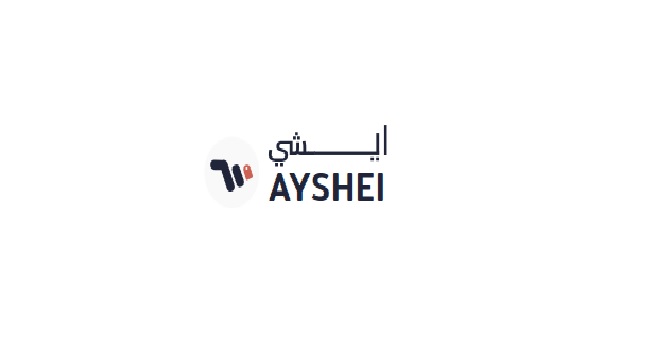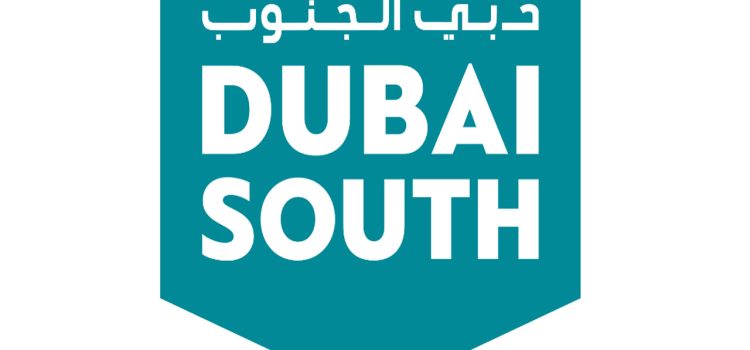
UAE based AI and Blockchain enabled Coral, climate tech startup specializing in carbon emission management and offsetting solutions, has secured $3 million in funding in its recent seed round. The round was led by a group of seasoned tech investors with a cumulative 40 years of experience in the sector.
Coral offers a comprehensive, AI-driven platform that facilitates and automates carbon data collection, footprint evaluation, reporting, and offsetting in a single system, providing businesses with a streamlined solution to manage their carbon emissions. The platform also offers e-commerce businesses the ability to integrate a one-click offset integration in their checkout pages, which provides their customers the sustainable shopping experience they desire. Coral’s blockchain backend also allows full lifecycle traceability of carbon credits and real-time auditability of offsets to ensure quality and transparency.
“We’re thrilled to have completed our seed round and are grateful for the support from our investors who share our vision for a sustainable future,” said Daniele Sileri, Director of Product and Strategy at Coral. “This funding will enable us to scale our platform, expand our team, and accelerate our mission to make carbon neutrality accessible and transparent for businesses worldwide.”
Coral has already established key partnerships, including a significant collaboration with Nissan, where the company has been providing carbon footprint calculations and offsetting solutions since last year for their Formula E team. Coral’s Emissions Management System (EMS) is already live for several other clients and currently onboarding major corporate customers and ecosystem players, including partnerships with international climate organisations.
“Our platform differentiates itself by not just talking about AI and blockchain as trendy topics, but by effectively implementing them as core components of Coral’s EMS Platform that truly enhance the customer journey. We’re proud to demonstrate how these advanced technologies can be seamlessly integrated to simplify data collection, analysis, and reporting; offering real value to our users,” added Juergen Hoebarth, Director of Operations and Research. “With the carbon market expected to grow exponentially by 2030, we’re in a prime position to make a significant impact, helping organizations achieve their sustainability goals. Following our recent funding, Coral plans to expand its operations by opening a new office in Abu Dhabi and further growing our team of experts to reach a broader customer base and scale up operations.”
This comes as sustainable climate projects for the digital economy take precedence in the UAE with the launch of the Digital Energy Fund.














